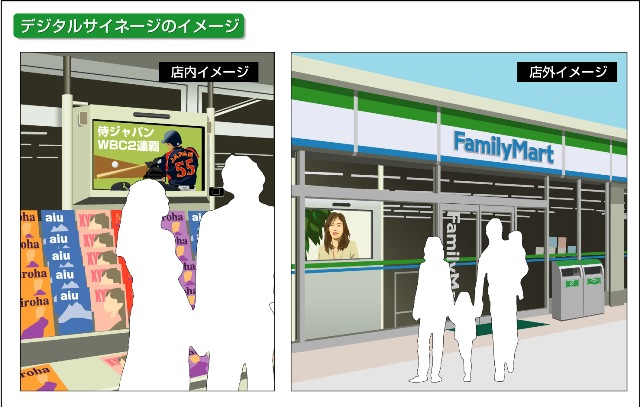SUMMARY
This is AI generated summarization, which may have errors. For context, always refer to the full article.

MANILA, Philippines – The Ayala and Tantoco-led Rustans groups have inked a partnership deal with two Japanese firms to operate chain of FamilyMart convenience stores in the Philippines.
FamilyMart, which originated in Japan, is the second largest convenience store retailer in the world with over 20,000 stores in 8 markets: Japan, Taiwan, South Korea, Thailand, China, USA, Vietnam and Indonesia.
In a statement on Monday, November 5, Ayala Land Inc., one of the country’s largest property groups, said a shareholders agreement has been signed by Japanese firms FamilyMart and parent Itochu Corp., as well as SIAL CVS Retailers, Inc.
SIAL is a joint venture between Ayala Land subsidiary Varejo Corp. and Rustans subsidiary Specialty Investments Inc.
FamilyMart and its largest shareholder Itochu Corp. are both listed at the Tokyo Stock Exchange.
The partnership is meant to tap Ayala’s expertise in retail operations that complement its mixed use real estate developments; Rustans’s Store Specialists’ expertise in specialty and branded retail operations; and Itochu’s trading business.
Itochu is one of the largest Japanese trading conglomerates with stakes in food, logistics services, textile, machinery, information, and communications technology among others.
The convenience store market in the Philippines is currently served by 7-Eleven (Philippine Seven Corp.), Gokongwei-led Mini-Stop, some Mercury Drug outlets, Villar-owned Finds Convenience Stores Inc. (FCS) and gasoline station-based Shell Select, and Caltex Star Mart.
Convenience stores and their local peers, the sari-sari stores, in the Philippines account for about 70% of the country’s grocery market value sales.
The abundance of traditional grocery retailers is largely due to the number of low income consumers, and their close proximity to consumers’ places of residence and work. – Rappler.com
Add a comment
How does this make you feel?
There are no comments yet. Add your comment to start the conversation.